Choirboy, cocaine and crowbars: Cycling's most notorious lawbreakers
Tales of cyclists bending or breaking the rules litter the sport’s history but Chris Marshall-Bell uncovers those that have gone further and broken the law
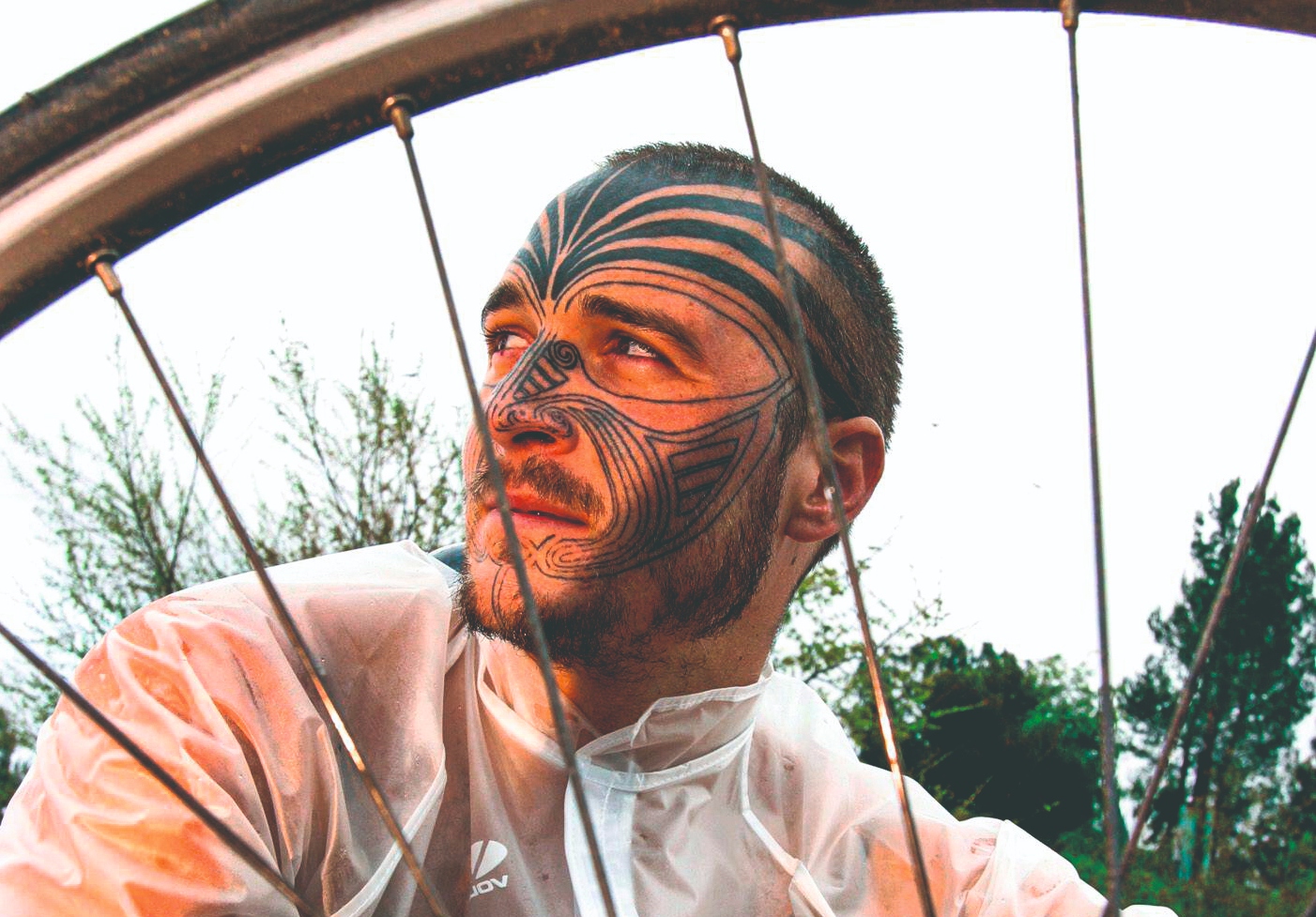

Over the decades, there have been many extravagant and wild personalities within cycling. Most have been harmless, but some have resorted to acts, or an entire life, of crime.
While we would never advocate, nor celebrate, criminal behaviour, in an era when true crime podcasts and TV series are exploding in popularity, we went in search of cycling’s lawbreakers.
David Clinger: Armstong's Team Mate and Tattooed Offender
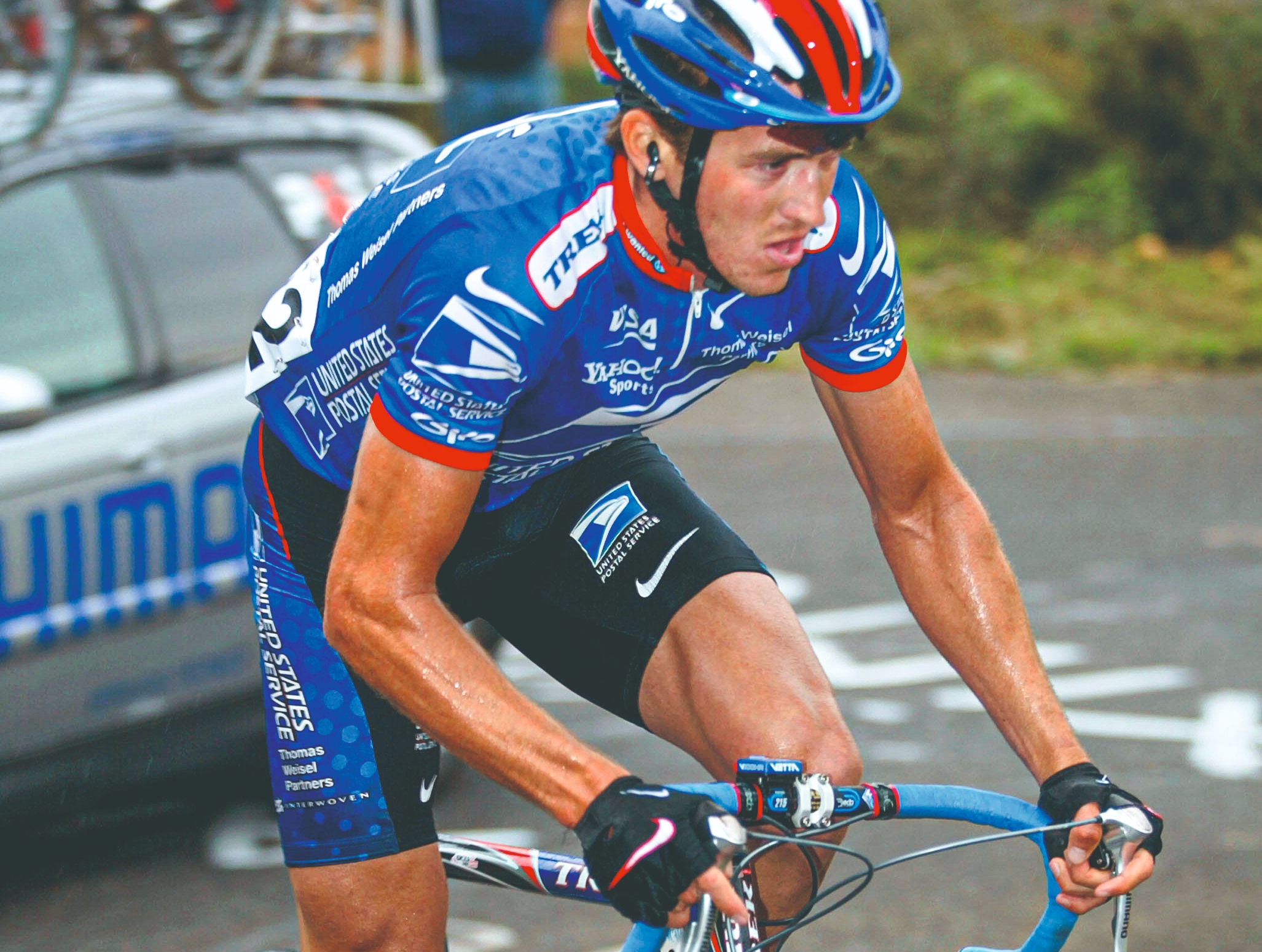
Clinger rode for US postal
It’s not so much the crime that interests us in this case, but the man. American David Clinger was raised a Mormon, as he explained in an in-depth interview with VeloNews in 2009, and thus strictly avoided caffeine, alcohol and drugs. During an overseas racing trip in 1994 aged 17, however, he started using marijuana.
He was a promising pro, winning national titles on the track and road. He raced for Festina, was Lance Armstrong’s US Postal team-mate in 2002, and competed in 12 Monuments.
In 2005, living in Mendoza, Argentina, with his girlfriend Natalia, he bought cocaine for what he claims was the first time. An hour later, he paid a tattoo artist a reported $15,000 for a full-face Polynesian Māori war mask that took 20 hours to complete.
His team, Webcor, was furious, ordering him to remove it or be sacked, reported Cyclingnews. Laser removal was going to be too expensive and time consuming, so he paid a parlour $200 to complete the tattoo.
In 2006, Clinger started a bar fight in Pennsylvania, wrestling the bartender to the floor before resisting arrest. He was sent to prison for multiple offences. According to VeloNews, “Although more serious charges were dropped, Clinger served some time in jail on trespassing charges, for staying in the bar after the bartender ordered him out.” A year later, released from jail, he was arrested after refusing to speak to police when stopped on his bike. He was sent to a drug rehabilitation centre, again, in 2009.
Get The Leadout Newsletter
The latest race content, interviews, features, reviews and expert buying guides, direct to your inbox!
In 2011, towards the end of a two-year suspension for testosterone and modafinil, he was given a lifetime ban by WADA after testing positive for clenbuterol. There are no public reports of his whereabouts since.
Tom Justice: Olympic hopeful-cum-bank robber
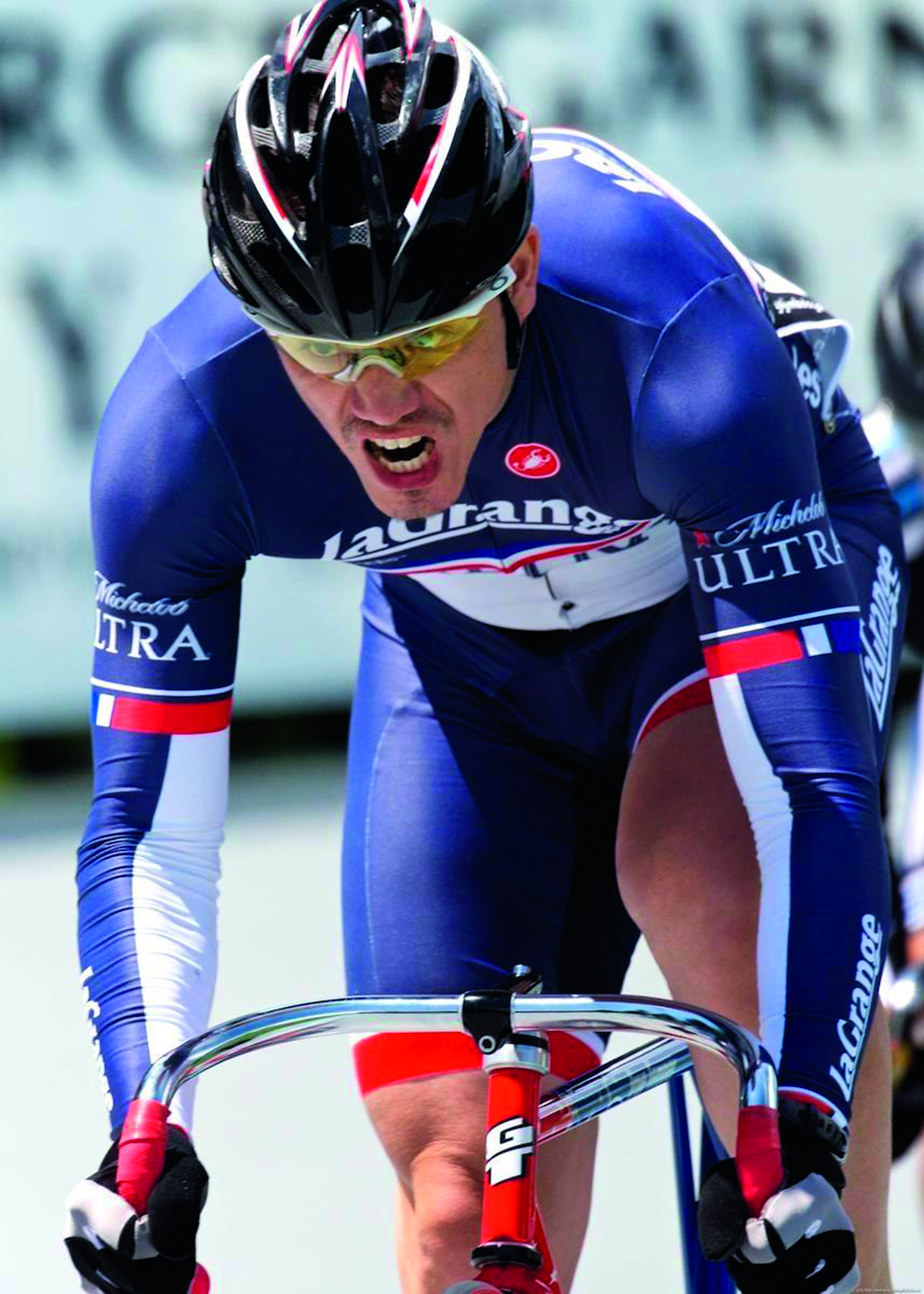
Justice racing at Northbrook Velodrome in 2016
It was the week before Halloween in 1998 when Tom Justice entered a fancy dress store. He paid $50 for a black braided wig. Three days later, wearing said wig and with a suit over his Lycra, he walked into a bank and handed the cashier a note that said, in capital letters: “THIS IS A ROBBERY. PUT ALL OF THE MONEY IN THE BAG”. He walked out with more than $4,000.
Eleven years earlier, as a promising 17-year-old track sprinter, he took part in Olympic trials for the US. But things didn’t turn out how he had hoped. He switched his university degree twice, dreamed of becoming an artist, then a pianist, and finally landed a job as a social worker.
But Justice wasn’t satisfied. At home, he scribbled on a notepad a number of potential jobs: helicopter pilot, locksmith, paramedic. He tried to become a priest, an underwater welder, and for a time joined the French Foreign Legion. In 1998, he added yet another job to his list: bank robber.
That October, reported Chicago Magazine in an in-depth profile of Justice, he robbed the first of 26 banks over a five-year period, spanning 16 cities across three states. Each time, he made his getaway on a 12-speed orange Steelman bike, with a messenger bag wrapped over his shoulders.
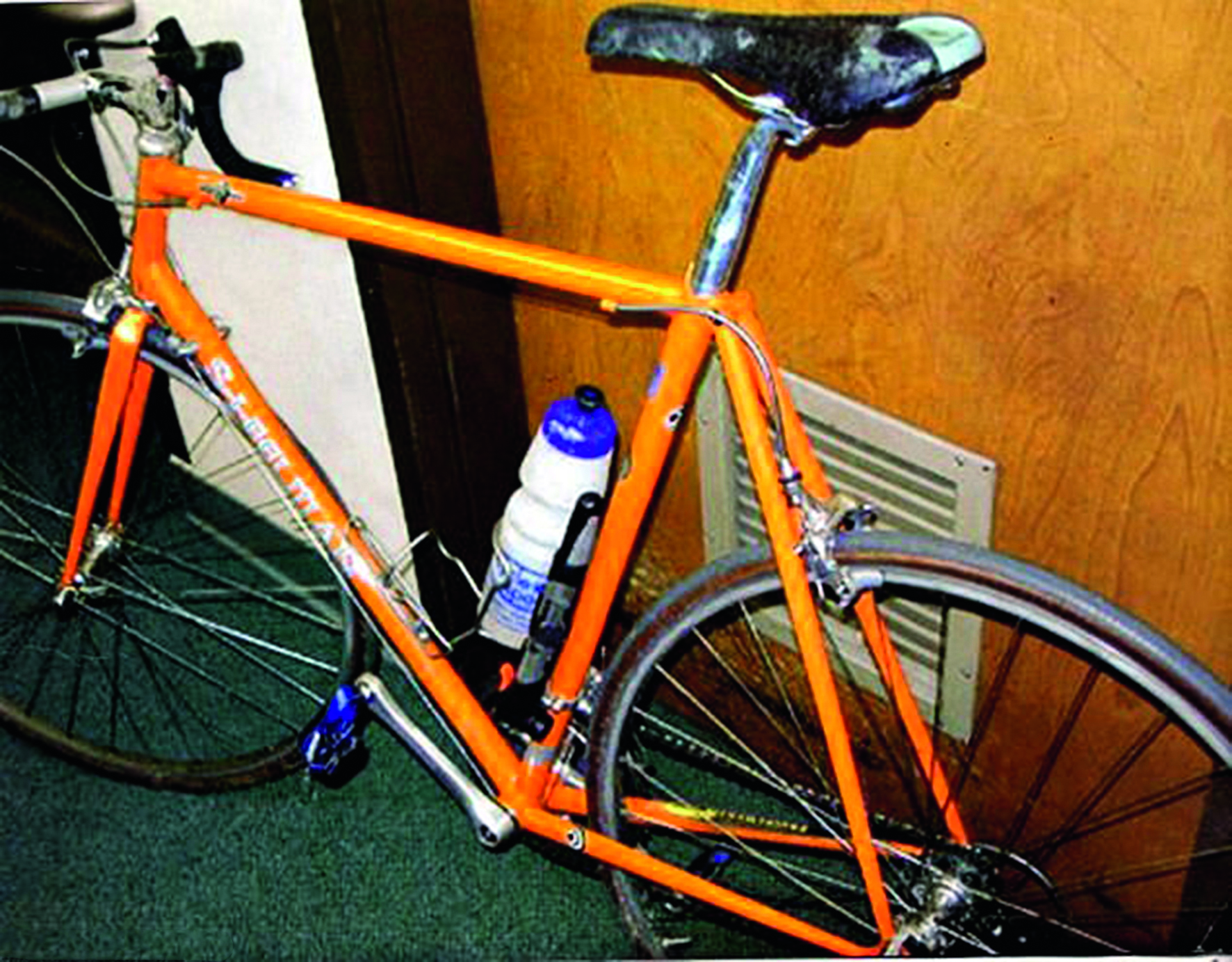
Every time he robbed a bank he would leave money in bushes for kids to find, or down alleyways where homeless people resided. He felt invincible and at one point he even lived with a police officer. In 2002, with the FBI on his tail and nicknaming him ‘Choirboy’ after the way he stood at the till with his hands pressed together, he was finally apprehended, and sentenced to 11 years in prison. Justice’s multiple bank raids netted him $130,000.
Aitor González: Vuelta Winner and one-time cult hero
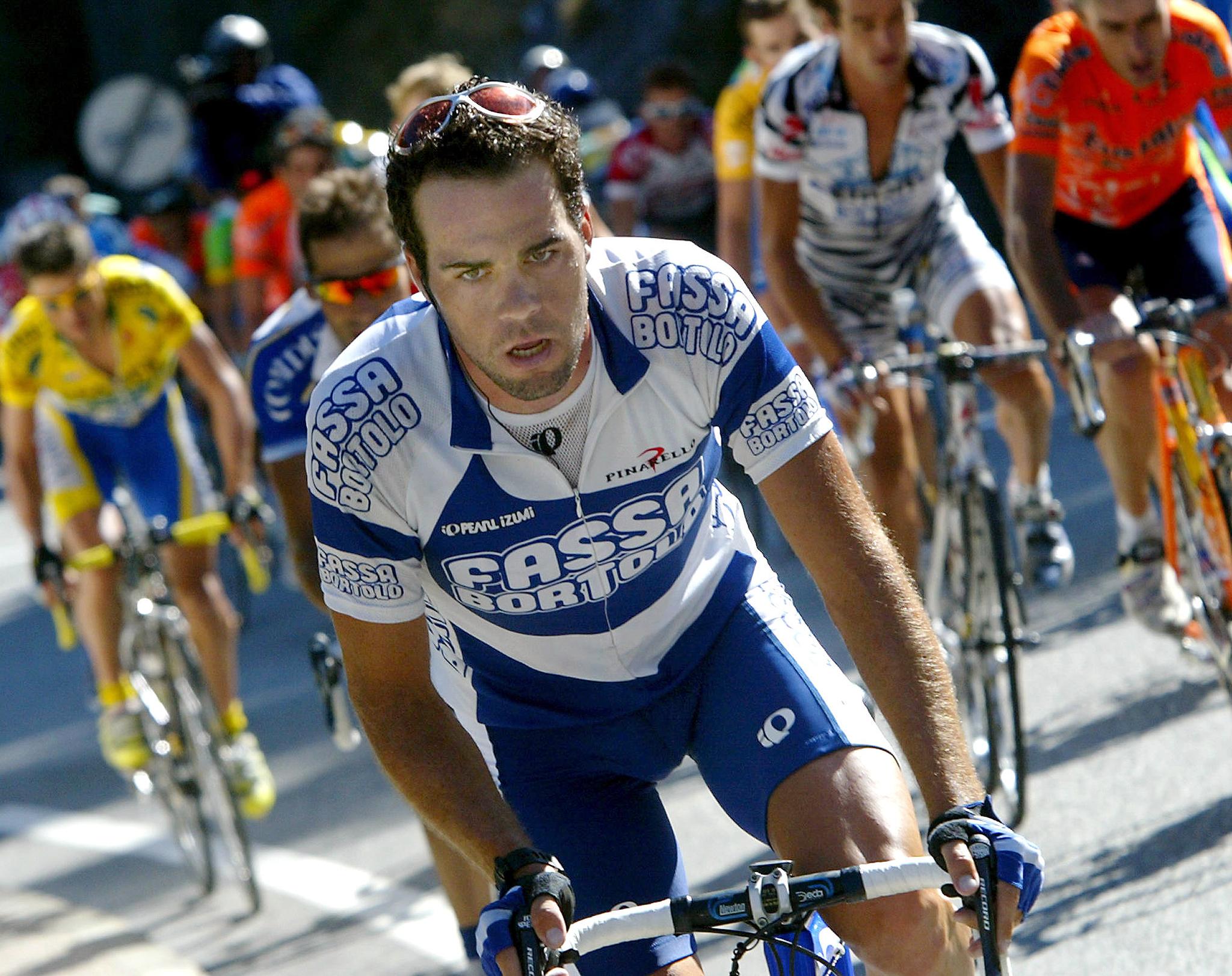
At the turn of the millennium, Aitor González was one of Spain’s biggest cycling hopes. The Basque rider was a strong time triallist and climber, and won two stages of the 2002 Giro d’Italia. Three months later, he took three stage victories en route to winning the Vuelta a España. He never won another three-week race, but completed his Grand Tour stage win-set in 2004 with victory on stage 14 of the Tour de France.
By then, he was something of a cult hero, one-fourth of the notorious Banda de la Covatilla. The group of friends would sunbathe on beaches together in an attempt to lose the cycling tan-lines that they had come to despise.
At the height of their popularity, they appeared naked on the front cover of a best-selling Spanish magazine.
At the end of the 2005 season, however, González was handed a doping ban for steroids, and he would eventually spend €120,000 on an ultimately futile defence. He never raced again, retiring aged 30. It would not be long before his problems with the law began.
In 2007, González was arrested for driving under the influence of alcohol and cocaine and, reported El Correo, was convicted by an Alicante court. In 2008, he was arrested for attacking two employees of an estate agent but, reported El Confidencial, he was later acquitted. Three years later, he appeared in handcuffs accused of defrauding a bank of over €1,000 as part of a real-estate scam, although there were no reports that he was convicted.
After a few years out of trouble, in 2016 González was arrested by police who caught him with a hammer outside a mobile phone shop that he was subsequently accused of trying to rob, reported El Mundo.
González claimed it was a case of mistaken identity, claiming that an unidentified foreigner, wearing the exact same clothes as him on the day, had escaped when he was spotted by the police.
“I’m 41 years old and I think I’m a little too old to be doing these things,” he was reported as saying.
Justin Jules: The Frenchman acting in self defence
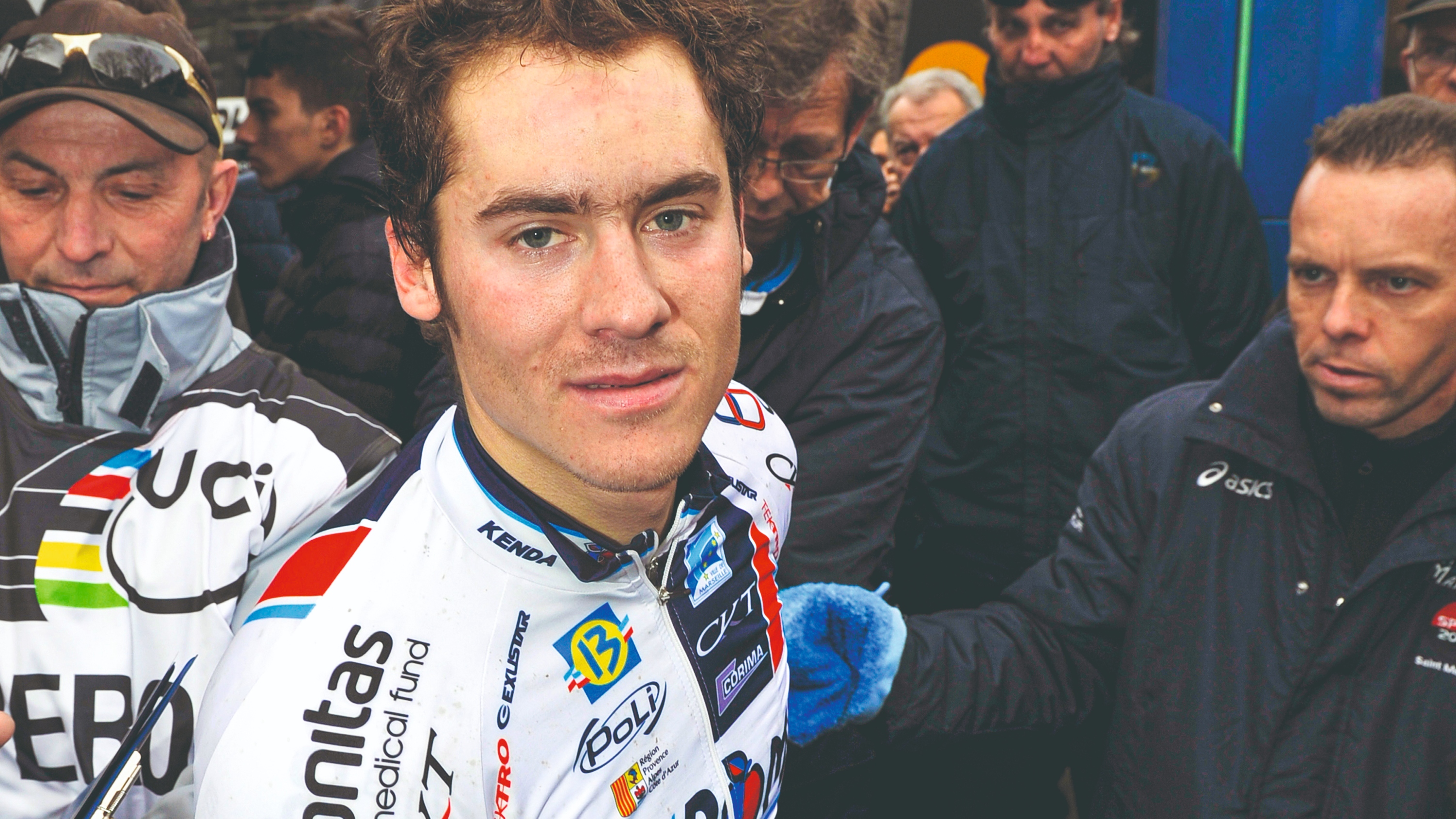
Justin Jules retired from cycling at the end of 2021, bringing to an end a decade long career competing in the sport’s second and third tiers, with seven UCI wins along the way. A decent return, but his backstory is even more extraordinary.
He is the son of former pro Pascal, who once told his close friend Laurent Fignon that, “I’ll die young. I won’t get past 30.” In 1987, with Justin just 13 months old, Pascal fell asleep at the wheel of his car and died, aged 26.
Justin’s mother, Catherine, later married René Caufield, who became a stepfather to both Justin and elder brother Sébastian. But the relationship soured, and Caufield’s drunken antics often led to domestic violence.
Mugshots: Recreational Drugs
Cycling has a well-documented dark history of drugs, but the most common prison sentence for former professional cyclists involves recreational drugs.
In 2019, Australian Olympic medallist Jack Bobridge was sentenced to prison for drug-dealing; he had worked alongside another former pro, New Zealander Alex McGregor, who admitted to selling MDMA. Bobridge served half of his sentence and has since been released.
In the summer of 2022, Christopher Whorrall, who rode the Baby Giro and U23 Paris- Roubaix, was sentenced to three and a half years in jail for the possession of cocaine and cannabis.
“We didn’t argue with him… it was OK. [But] he was not warm,” Justin said. “Then the atmosphere deteriorated. I saw that he was taking advantage of my mother,” he told the court, as reported by Le Parisien.
On the night of 18 December 2004, Caufield returned home drunk and started fighting with Sébastian.
Justin used tear gas on Caufield, and when he was out of the house, he hit him with a broom. He then struck his stepfather with an iron crowbar, which killed him on impact.
The court case would not be heard for another four years, giving Justin time to complete his degree in economic sciences in the interim.
When proceedings finally took place, the prosecution demanded between 12 and 30 years in prison. Justin convinced the jury that he was acting in self-defence, and was given a reduced term of three years for manslaughter.
He then began his pro cycling career, aged 24.

Thank you for reading 20 articles this month* Join now for unlimited access
Enjoy your first month for just £1 / $1 / €1
*Read 5 free articles per month without a subscription

Join now for unlimited access
Try first month for just £1 / $1 / €1
A freelance sports journalist and podcaster, you'll mostly find Chris's byline attached to news scoops, profile interviews and long reads across a variety of different publications. He has been writing regularly for Cycling Weekly since 2013. In 2024 he released a seven-part podcast documentary, Ghost in the Machine, about motor doping in cycling.
Previously a ski, hiking and cycling guide in the Canadian Rockies and Spanish Pyrenees, he almost certainly holds the record for the most number of interviews conducted from snowy mountains. He lives in Valencia, Spain.
-
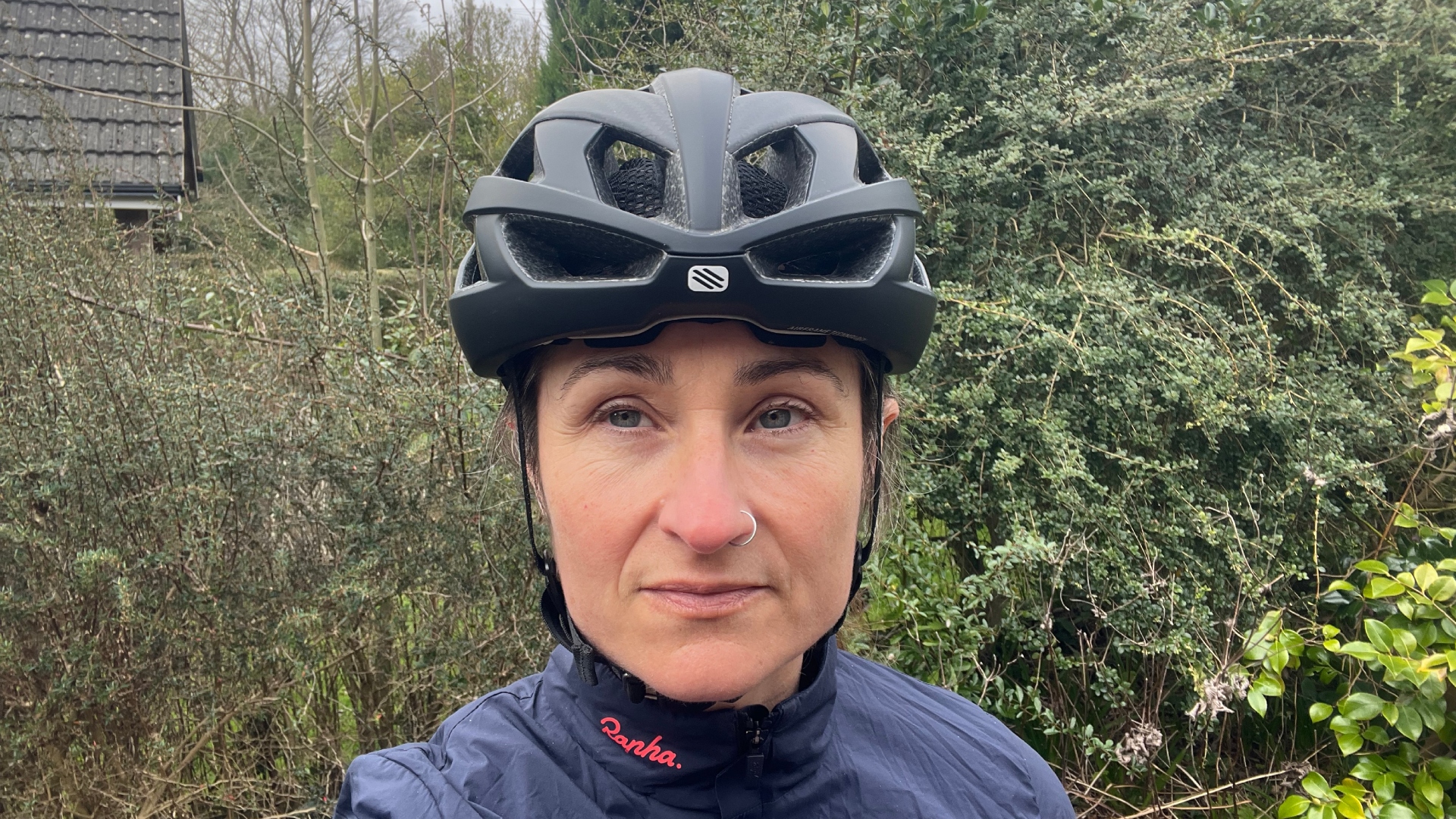 Rudy Project Rebel bike helmet review
Rudy Project Rebel bike helmet reviewRebelling against the solid shell oversized helmet fashion, the Rudy Project Rebel goes big on ventilation and breathability, but there is a weight penalty
By Hannah Bussey Published
-
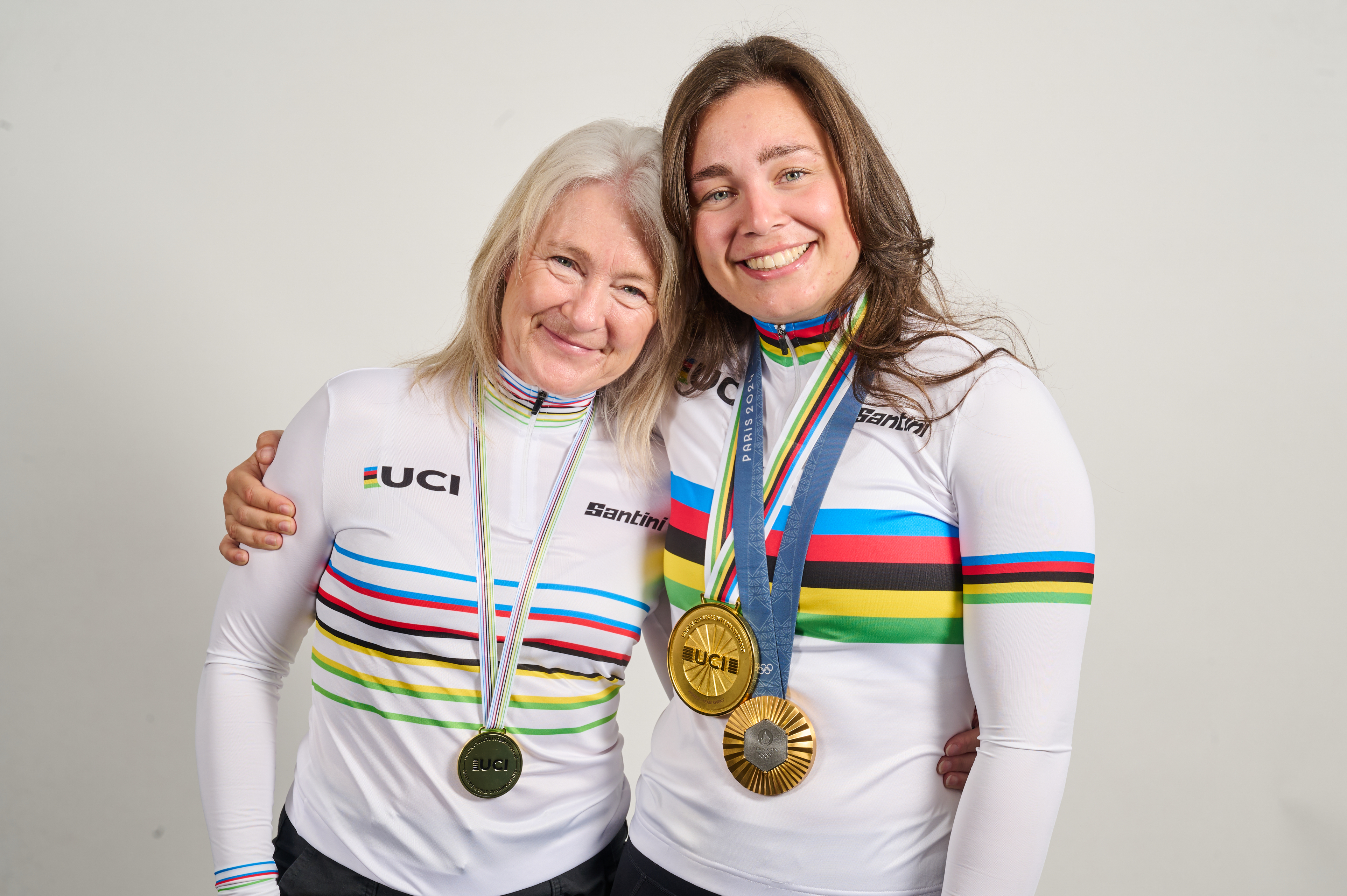 'I wanted to be world and Olympic champion – my parents made me feel that it was possible': Meet Sophie Capewell and her gold medal-winning mum
'I wanted to be world and Olympic champion – my parents made me feel that it was possible': Meet Sophie Capewell and her gold medal-winning mumSome mothers and daughters make memories together. The world-beating Capewells make history too. Tom Davidson meets the extraordinary duo
By Tom Davidson Published